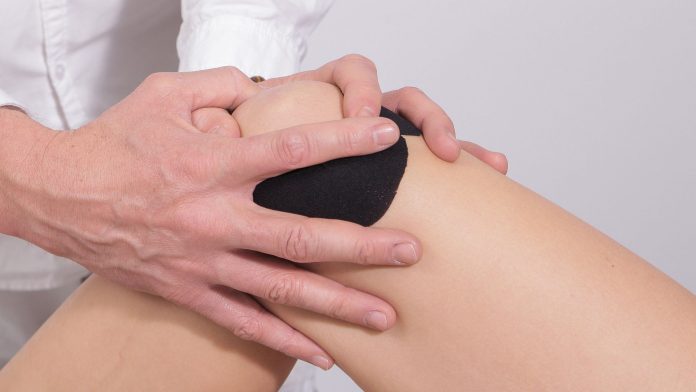
A new study from the British Society for Rheumatology suggests that women with the menopause suffering from rheumatoid arthritis are in greater physical decline.
The study was published in Rheumatology and comprised 8,189 women with rheumatoid arthritis (RA).
Researchers discovered that pre-menopausal women experienced a slower physical decline than those that were postmenopausal.
Previous studies have shown that women with rheumatoid arthritis experience a change in their disease while hormonal and reproductive events like child birth take place.
During pregnancy, incidences of rheumatoid arthritis are decreased; however, women do have an increased incidence of disease development and flare during the post-partum period.
Comparably, women who experience early menopause are more likely to develop RA compared to those experiencing normal or late menopause.
Menopause’s substantial impact
Given the connections between reproductive or hormonal life events and arthritis in women, an observational study was conducted by researchers to investigate the association of menopause with functional status in women with the disease.
The results indicated that menopause has a substantial impact on the level and rate of functional decline in women with rheumatoid arthritis, and the progression of the effects of the disease worsens.
Understanding the cause
The paper’s lead author, Elizabeth Mollard, said: “Further study is needed as to why women with rheumatoid arthritis are suffering a greater decline in function after menopause.
“Not only is this decline causing suffering for women, it is costly to both individuals and the healthcare system as a whole.
“Research is specifically needed on the mechanism connecting these variables with the eventual goal of identifying interventions that can maintain or improve function in postmenopausal women with rheumatoid arthritis.”
What causes arthritis?
There are numerous factors that may increase the risk of the condition, which include the following:
- Infection;
- Smoking;
- Previous injury; and
- Genetics.










Do hormonal changes cause arthritis in men?